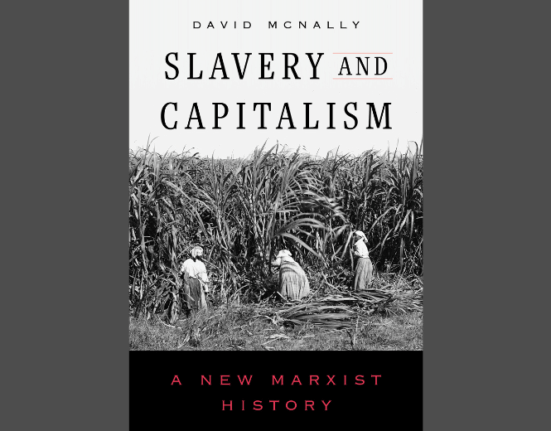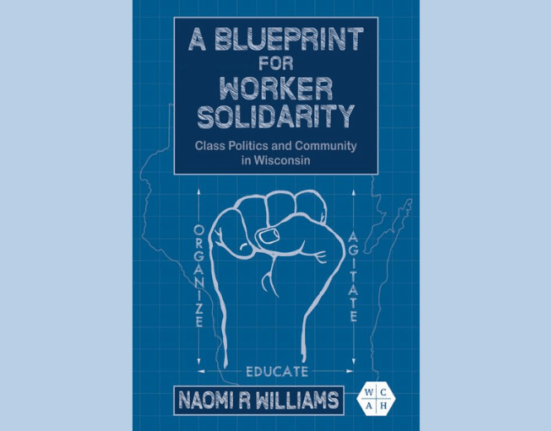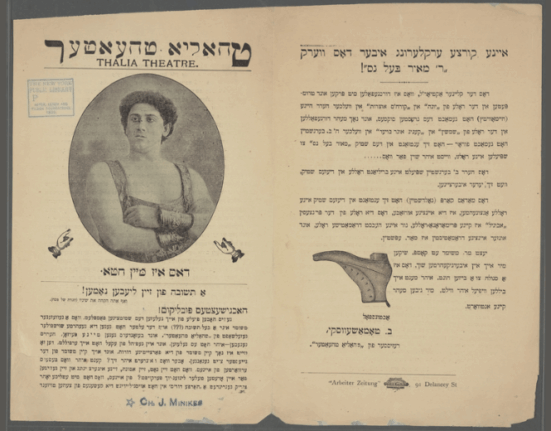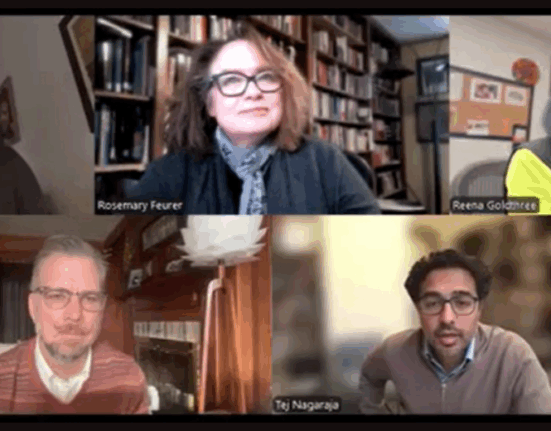This is the fourth in a series that updates and extends John McKerley’s essay in the current issue of Labor: Studies in Working Class History, which is freely available, thanks to Duke University Press. The first post is here. –ed.

In 2018, I interviewed four leaders of the Union of Grinnell Student Dining Workers (UGSDW) at Grinnell College, a highly selective liberal arts institution in Grinnell, Iowa. At the time, I was working as the oral historian for the Iowa Labor History Oral Project (ILHOP), an over forty-year-old oral history collaboration focused on documenting the history of Iowa workers and their unions.
Recording the stories of UGSDW members was part of my job, but it also reflected a longstanding interest in student-worker organizing that stretched back to my time as a graduate employee and member of the United Electrical, Radio, and Machine Workers of America Local 896-Campaign to Organize Graduate Students (UE-COGS) at the University of Iowa. Formed in 2016, UGSDW was already at the point where its founding members were preparing to hand over the reins to a new generation, and I wanted to document what I worried might be an important but short-lived experiment in undergraduate worker organizing.
As it turns out, UGSDW was far more resilient than I had ever imagined. Indeed, it has gone on to become one of the most successful unions of undergraduate student workers in the country, including waging sophisticated, multi-year campaigns with national implications and expanding its jurisdiction to include all hourly student workers across the college’s campus. Most recently, in the spring of 2023, the union undertook its first strike as part of a complex and as-yet-unresolved campaign to improve conditions for its expanding membership.
This post—the fourth in a series—updates my edited interview from 2018 (published in Labor in September 2023). I speak with some of my former interviewees—all of whom have gone on to some form of organizing or advocacy work—as well as with new UGSDW leaders and an organizer from Starbucks Workers United in Iowa City, Iowa, whose recent organizing campaign was anticipated by the Grinnell students back in 2018.

Abigail Scheppmann is a member-organizer with Starbucks Workers United in Iowa City, Iowa. In early 2023, she and her coworkers organized the first union at a Starbucks store in Iowa. Their success, predicted by Grinnell student workers in 2018, reiterates the interconnections between young, low-wage service workers and their efforts to use union organizing to address their common struggles.
In February 2023 my coworkers [at the Downtown Iowa City Starbucks] and I decided that we were sick of not having a voice at work and we decided to do something about it. We were constantly working severely understaffed shifts in hazardous conditions, and one thing we could all agree on was that we deserved better.
After our unanimous 25-0 vote to unionize, we felt the shift in power almost instantly. It was no longer one of us in the store desperately begging for a change, it was all of us together, as well as Starbucks Workers United behind us, demanding that us workers be prioritized over profits. This is just one of many reasons why we’re able to wait for Starbucks to come to the bargaining table – we don’t have to struggle alone anymore.
 Starbucks, Iowa City, June 2024. Credit: John McKerley
Starbucks, Iowa City, June 2024. Credit: John McKerleyThere was a moment in the [2018] Grinnell interview where an interviewee said that they first threw out unionizing in a joking manner, that sort of “what if we just did it?” line. I had that exact same moment with my coworkers before we did it. “What if we just unionize?” we would say, and laugh, up until it wasn’t a joke anymore. We realized it was the only way we were going to be able to stand up for each other, and it’s clear to me that Grinnell workers came to the same conclusions. I can’t wait for the day where organizing workers will be able to look at our campaign and feel that connection as well.







